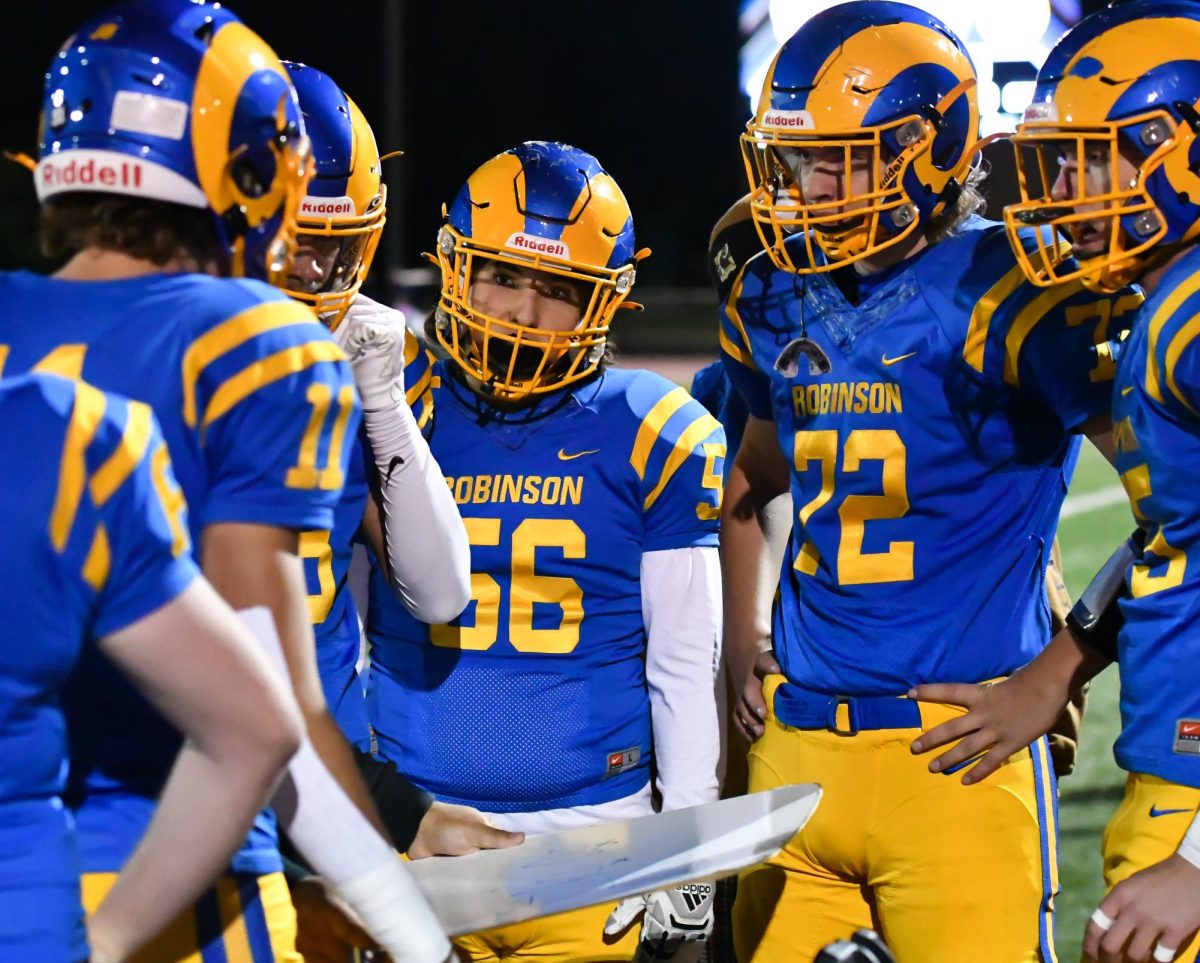Student athletes have always struggled to manage their mental health as their school workload increases. The National Collegiate Athletic Association (NCAA) conducted 3 studies to follow mental health in student athletes, with the most recent study being conducted in 2021. The data indicated rates of mental exhaustion, anxiety, as well as depression still remain two times higher than identified before the pandemic. However the athletes reported lower levels of hopelessness in the 2021 study than in the first year of the pandemic.
This issue has affected college students all across the country. According to the study by the NCAA, “When responding to mental health support questions, 69% of women’s sports participants and 63 percent of men’s sports participants agreed or strongly agreed that they know where to go on campus if they have mental health concerns.” Along with the NCAA, The Sport Science Institute provides health and safety resources to college athletes, and coaches. “The survey included a question about teammates taking mental health concerns of one another seriously. 65 percent of women’s sports participants and 58 percent of men’s sports participants agreed or strongly agreed that they did. Along those lines, 56 percent of both men’s and women’s sports participants reported that they knew how to help a teammate experiencing a mental health issue.”
High school sports are crucial to helping students prepare for the future by creating passion toward an activity, forming a connection to caring adults, and driving athletes to achieve personal goals. The relationship between a coach and a player is super crucial to a players mental health. As a result, student-athletes who receive positive feedback and rewards from a coach may feel pressured to stay in the sport and athletic-performance part of the relationship. This causes many students to hide the ways in which they are struggling and in need of emotional or mental support.
According to the National Federation of State High School Association (NFHS), “Participation in athletics can lend to a culture that emphasizes the need to ‘just play through it’ when injured, stressed or in pain.“ Students will quickly lose sight of the real goal, and allow their accomplishments to become their identity and source of self worth. This change of focus on athletics can cause significant stress and challenges in their lives.
This issue has affected high school students across the country, such as Morgan Rogers, a student athlete lacrosse player who took her own life in 2019. Rogers suffered high levels of anxiety, for which she received professional help and support. Co-founded by parents Dona and Jurt Rogers, “Morgan’s Message” is an organization which provides a platform for friends and family to share her story and to share their stories in a safe environment. Morgan’s legacy lives on through the organization and stands as a message for other athletes who may be struggling. According to the Morgan’s Message website “ Morgan’s message is clear: as an athlete there is no shame in seeking physical healthcare-the same should be true for mental health care.” In a Valor Dictus article about Morgan’s Message, Stella Hill, the first ambassador to bring Morgan’s message to Robinson, said “I joined it because my soccer club has a chapter for Morgan’s Message as well and I love the cause it’s advocating for because I’ve had my struggles with playing soccer.”
When asked about how overwhelmed school work has become, Senior Will Krellwitz said “sometimes it depends on the week and how much work I have in that class but sometimes it does feel like I am overwhelmed but I just do what I can and work with that.”
Krellwitz also talked about how his mental health is affected by football by saying “ It doesn’t affect it too much, I enjoy all my football practices so I look forward to going out and doing that and that’s a good stress reliever for me. However some kids are facing more challenges concerning mental health, junior year is known for its difficulty and it is hard to balance school and athletics.
Junior Austin Cotton talks about his junior year by saying “ you have to be really good at managing your schedule, and you have to be able to schedule out when you can do homework and practice your instruments around rehearsals because there are so many of them.”
Cotton then talks about how he deals when he gets overwhelmed by saying “I kind of like to take a break from whatever I’m doing and just read a book or just do something else and that kind of distracts me a little bit and that resets my mind and I can start focusing again.”
Robinson students may still feel overwhelmed or stressed with balancing school and sports, but this is not an uncommon experience. If you see yourself starting to struggle, reach out to a trusted adult or counselor to seek comfort.




